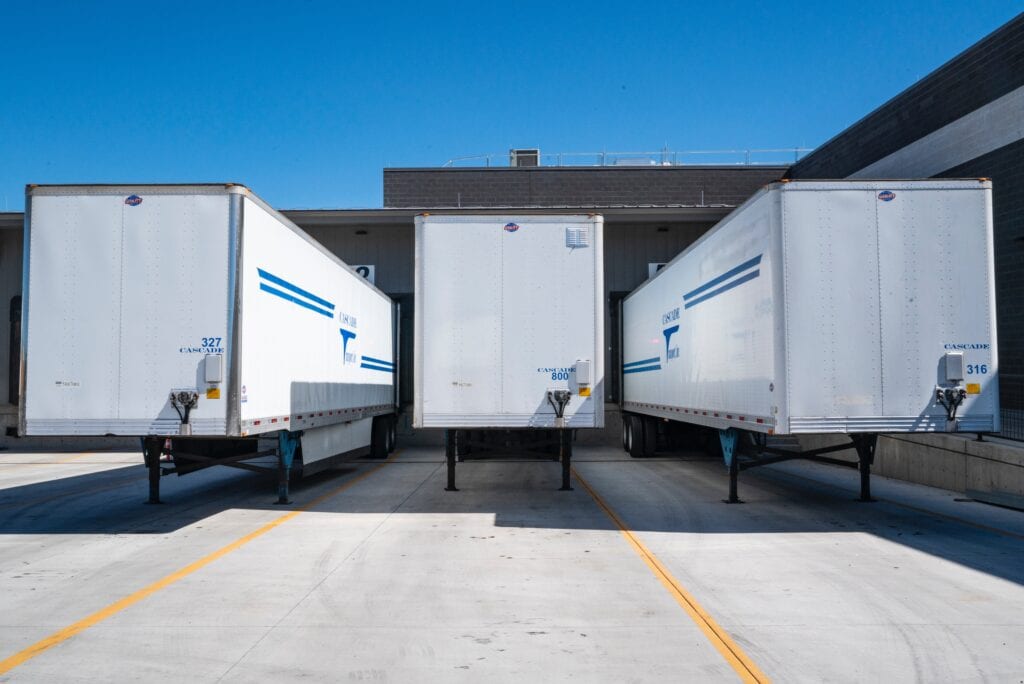A 3PL, often known as a third-party logistics provider or TPL, benefits your organisation by providing experience and best practices that can be seamlessly integrated into your existing supply chain. 3PL providers specialise in a variety of logistical sectors and geographic regions. Recognising the potential benefits of a 3PL early in the process is critical for cost savings and superior service.
A third-party logistics provider delivers an established network of key carrier partnerships and a thorough grasp of how to improve performance on certain processes. With this in mind, a 3PL’s aid is appropriate for cost containment, customer experience enhancement, and route expansion.
Choosing a 3PL can be difficult since there are so many aspects to consider before you even begin working together. Here are essential factors to consider when selecting a 3PL service provider.
1. Seek Consultancy
You are the expert on your logistics operations, yet you may be unaware of the value a 3PL relationship may add to your business and profitability. Obtaining outside assistance when selecting a 3PL can help streamline the process and reduce staff and time investment. Seek someone who is knowledgeable about third-party logistics and has expertise working with a diverse range of outsourced operations and providers.
2. Define your processes clearly
One of the most common sources of dissatisfaction for persons attempting to evaluate third-party logistics companies is the lack of a clear methodology. Nobody is confident of the expected outcomes or their sequence. However, if you understand your own needs utilising the handy checklist, have your data points, and understand what to look for in a contract, you’re off to a good start.
3. Institute an internal evaluation team
The team should include members from different sectors, including supply chain, logistics, information technology, marketing, purchasing, and finance. This procedure assures that the entire organisation supports your eventual decision. Additionally, it highlights the impact of logistics on the overall organisation and gives knowledge that can help increase the financial value represented in the final agreement.
4. Financial Stability of the 3PL partner
Having your third-party logistics provider fail could be one of the most severe difficulties your business confronts. Finding a partner that has demonstrated financial stability helps prevent your business from grinding to a halt as you strive to recover from another’s mismanagement.
When interviewing your preferred logistics providers, request a list of partners and inquire about their relationship with them.
The way a logistics provider interacts with their partners is a good indicator of how they will interact with your organisation. Speaking with their partners may provide a more complete picture than communicating with their hand-picked list of references.
5. Timely meetings and proper collaboration
Any agreement must require top executives from the 3PL to attend a minimum of quarterly meetings with a cross-functional team. Treating the 3PL as an internal component of management instils a sense of commitment and responsibility for attaining the organisation’s overall goals. Collaboration and communication between departments aid in detecting operational and management difficulties. It provides critical insights into issues that can assist a 3PL partner in resolving them before they become disastrous.
6. Scalability
To begin, can the 3PL’s operations be scaled efficiently to meet your changing needs?
Scalability in both directions has a direct impact on the efficiency of your supply chain. While you are undoubtedly working on expanding your business, the reality is that business will have ups and downs. Demand might contract for a variety of different causes. You require a third-party logistics provider capable of rapidly scaling down operations throughout your supply chain. On the other side, you’ll need a logistics provider that can keep up with abrupt surges in demand without missing a beat.
Locate a 3PL provider that already has clients that are both larger and smaller than your firm. A scalable 3PL will constantly make tiny adjustments, such as aggregating or increasing shipments, as your requirements change.
7. Impact on Sales
When assessing the genuine quantitative value proposition of working with a 3PL, it is critical to consider the impact on sales. Often, pursuing the lowest costs established by a standard logistics partner might result in poor customer service, which has a detrimental effect on sales. References for a logistics company should not be adequate or acceptable; they should be adoring. For a logistics provider to be worthwhile for your organisation, its clients should speak highly of the increased sales they received. The ultimate purpose of seeking a 3PL supplier is to increase the efficiency of the entire supply chain process, which can result in increased sales and profits.
Related posts
- 10 Best Third-Party Logistics (3PL) Companies In Chennai
- 6 questions you should ask before choosing a 3PL provider
- How To Choose The Right 3PL Partner For Ecommerce Business
- Top 10 Third Party Logistics (3PL) Companies In Mumbai [2024]
- 10 Best Third Party Logistics (3PL) Companies In Bangalore [2024]
- Top 15 Third-Party Logistics (3PL) Companies In India
- The Ultimate Guide On Third-Party Logistics (3PL)
- How To Implement A Successful 3PL Partnership
- The Cost Benefit Of 3rd Party Logistics
- 3PL vs 4PL: Understanding The Key Differences
- 8 Best Third-Party Logistics (3PL) Companies In Delhi
- 3PL vs In-House Logistics: 6 Key Differences
- Guide To 3PL In Reverse Logistics
